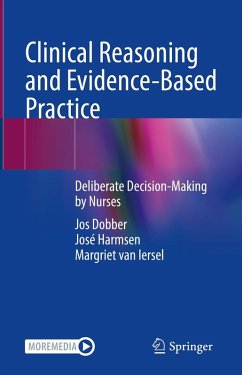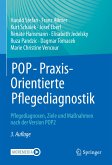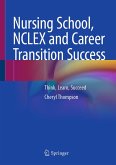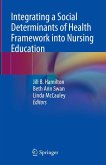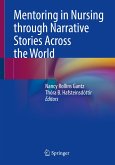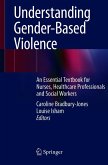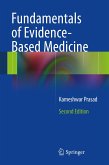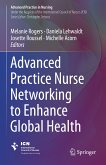This book helps nursing students increase the quality of their clinical reasoning and therefore the quality of care. It teaches students to recognize when clinical reasoning is needed, and what reasoning is involved, and to avoid reasoning errors. This is important for nurses, since good quality of their clinical reasoning leads to a good quality of their decisions. Thus, it is directly connected to better nursing care.
This volume is based on current knowledge about learning complex cognitive skills. From this knowledge, four sets of standard questions have been formulated that allow students to develop cognitive scripts for reasoning about diagnosis, etiology, prognosis, and interventions. Special attention is payed to diversity-sensitive reasoning in this English edition. From the 4C/ID model, a scientific educational whole task model for learning and developing and complex cognitive skills, complexity levels, learning tasks and subtask exercises are included. Learning clinical reasoning is supported with case videos and flash lectures, among other things. It consists of three parts: the first part, on clinical reasoning, is written for first- and second-year bachelor students in nursing. Part two, on evidence-based practice (EBP), is also suitable for later years. It teaches students to read and critically appraise scientific articles, and to assess whether they can be used in their own practice. Part three contains more in-depth information, extra explanations, examples, and material that teachers can use in a flexible way. This book is illustrated with videos.
The translation from Dutch to English was done with the help of artificial intelligence (machine translation by the service DeepL.com). The authors have subsequently revised the text further in an endeavour to refine the work stylistically.
Dieser Download kann aus rechtlichen Gründen nur mit Rechnungsadresse in A, B, BG, CY, CZ, D, DK, EW, E, FIN, F, GR, HR, H, IRL, I, LT, L, LR, M, NL, PL, P, R, S, SLO, SK ausgeliefert werden.
Es gelten unsere Allgemeinen Geschäftsbedingungen: www.buecher.de/agb
Impressum
www.buecher.de ist ein Internetauftritt der buecher.de internetstores GmbH
Geschäftsführung: Monica Sawhney | Roland Kölbl | Günter Hilger
Sitz der Gesellschaft: Batheyer Straße 115 - 117, 58099 Hagen
Postanschrift: Bürgermeister-Wegele-Str. 12, 86167 Augsburg
Amtsgericht Hagen HRB 13257
Steuernummer: 321/5800/1497
USt-IdNr: DE450055826
Bitte wählen Sie Ihr Anliegen aus.
Rechnungen
Retourenschein anfordern
Bestellstatus
Storno

